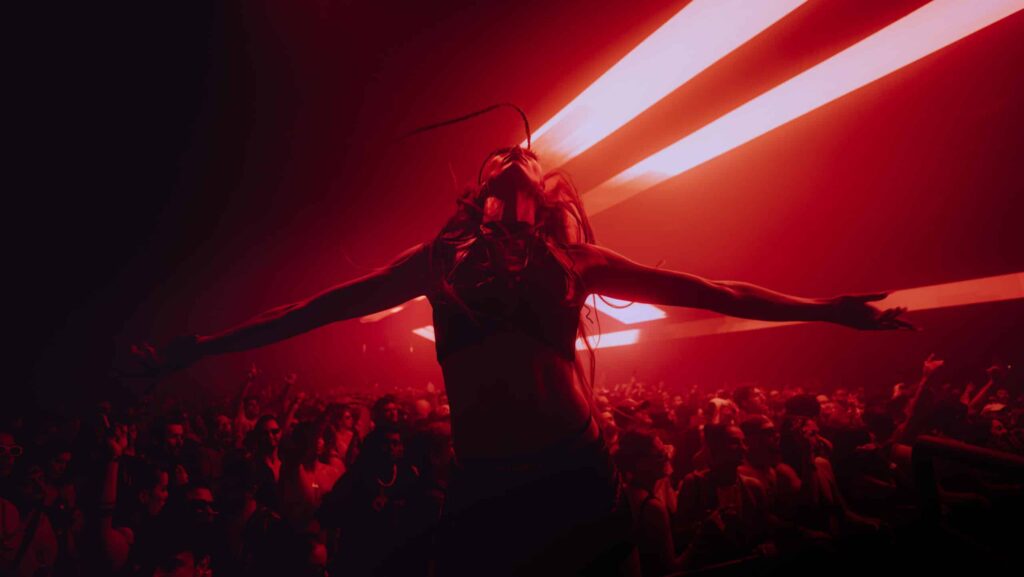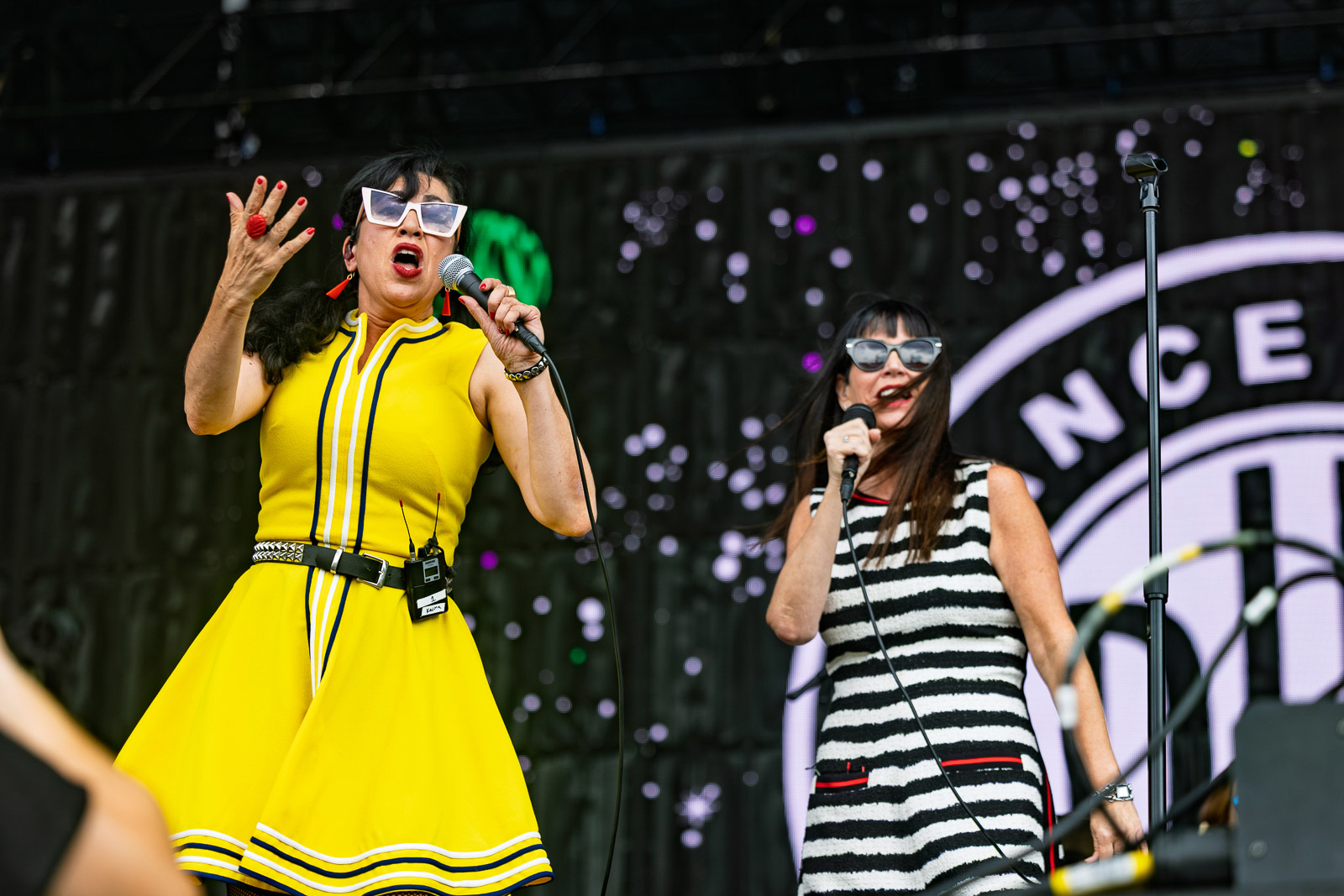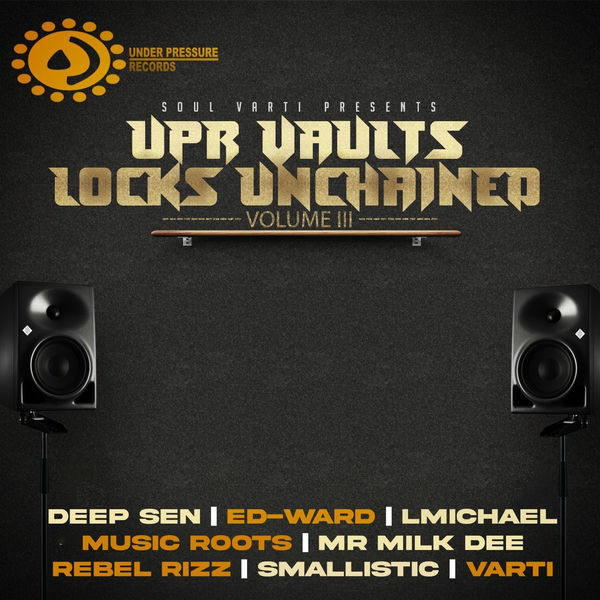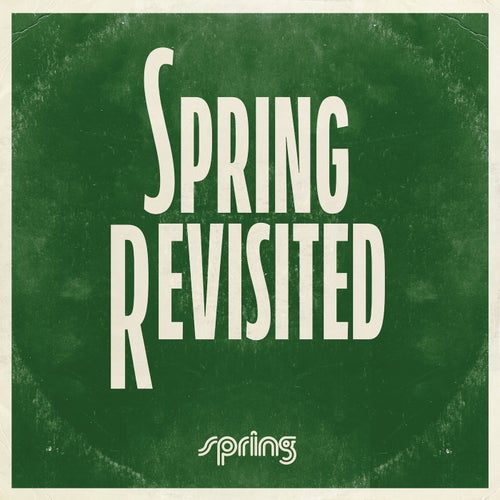Since the ’80s, generations of players cut their teeth on tablature. It’s hard to argue with the lure: tabs make it quicker to unravel those slippery lines from Eddie Van Halen, Randy Rhoads, and Yngwie Malmsteen. But convenience comes with a tax. When your eyes do all the heavy lifting, your ears can take early retirement, and that’s where the real trouble starts.
That tension sits at the heart of Richie Faulkner’s recent comments on The No Cover Charge Podcast, where the Judas Priest guitarist challenged how younger players are learning. His concern isn’t about gatekeeping technique, but more about what happens to your musical instincts when the page (or screen) tells you everything.
“If you use your ears… and I don't know what you call it, when you know where everything is, or most things are: muscle memory,” Faulkner explained (transcribed by Ultimate Guitar). “A lot of times, I found, with younger players, when they're learning, they learn with their eyes. The numbers on the tab or the notes, whatever it is.”
There’s hard truth in that. Tabs are fantastic at showing you where to place your fingers, but they don’t teach you to notice when a note is 5% flat or a bend doesn’t quite crest. They skip the wobbly process of trial, error, and correction, the very loop that forges timing, touch, and taste. Players who grew up before the tab boom; rewinding cassettes into oblivion, chasing licks by ear, had to build that loop as a survival skill.
Faulkner pushes this point further: “And if the tabs are wrong, they don't hear that it's wrong. What the tab says, that's what it is. [Even] if it's wrong. But if you can hear it, you're not going to be that far out. And you can always bend it. And if you're listening, you can always hit the right note.”
It’s a deceptively simple diagnosis. If a transcription mislabels a position shift or flubs a passing tone, the visually trained player may never clock the mismatch. The ear-trained player, by contrast, hears the clash immediately and course-corrects in real time.
None of this means we should torch our tab libraries. Tablature democratized learning in the 1980s (think of those monthly issues loaded with “tab songs”), and today’s ecosystem of video breakdowns and massive archives makes it easier than ever to crack open a solo you love. The risk does not lie in the tool, but in making the tool the teacher.
Want More Metal? Subscribe To Our Daily Newsletter
Enter your information below to get a daily update with all of our headlines and receive The Orchard Metal newsletter.

 2 hours ago
2
2 hours ago
2


















 English (US) ·
English (US) ·